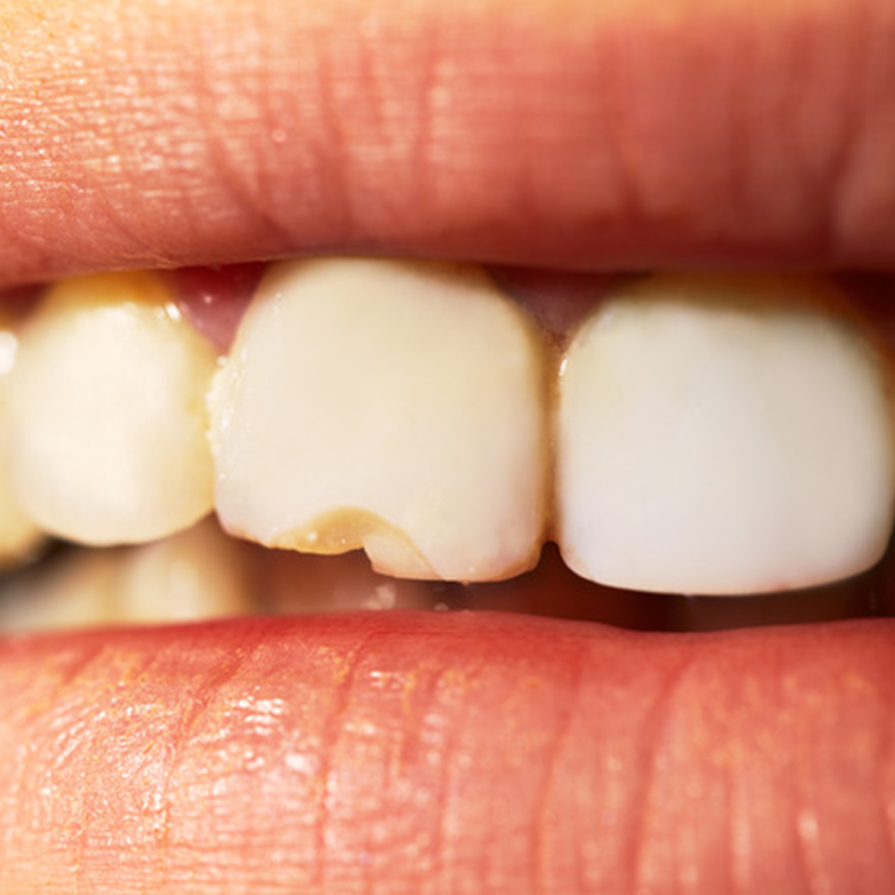 Do you ever use your teeth to open items like plastic packaging? Many people resort to using their teeth in place of tools like scissors. Unfortunately, this bad habit can land you in the dental chair. Over time, using your teeth as tools will wear down tooth enamel – leaving behind weakened and sometimes brittle tooth structure that is prone to cracking, chipping, and breaking.
Do you ever use your teeth to open items like plastic packaging? Many people resort to using their teeth in place of tools like scissors. Unfortunately, this bad habit can land you in the dental chair. Over time, using your teeth as tools will wear down tooth enamel – leaving behind weakened and sometimes brittle tooth structure that is prone to cracking, chipping, and breaking.
Deep cracks and chips in your teeth can lead to the need for root canal therapy. This is because a chip or crack can expose the innermost structure of your tooth’s anatomy to harmful bacteria and debris. When the root canal is exposed to bacteria and food particles, it can lead to a painful infection that inflames the nerve endings of teeth. Without root canal therapy, a person runs the risk of losing his or her tooth.
What is the root canal?
The root canal is a part of a tooth’s anatomy. Located deep within a tooth, this chamber-like area contains nerve endings and dental pulp (cellular material). If a tooth is broken or decayed, this part of the tooth is unprotected from infection-causing bacteria. Moreover, the structure underneath tooth enamel cannot self-heal and must be treated by a professional so that a person doesn’t develop an abscess.
How does root canal treatment work?
Root canal treatment addresses the infection that can develop within a damaged tooth. First, the treatment area is thoroughly numbed so that a person doesn’t experience discomfort. Then, tiny dental instruments are used to access the root canal and remove its contents. The nerve ending and dental pulp are taken out and the root canal is flushed. After this process is complete, the area is sealed with gutta-percha (a rubber-like compound) to prevent debris from re-entering the root canal.
Having root canal treatment alleviates pain associated with inflamed nerve endings and prevents the development of future complications. If you use your teeth as a tool, we strongly encourage you to avoid doing so to protect precious tooth structure.
For more information or to schedule an appointment, call the office of Barry Buchanan at 214-343-1818.

